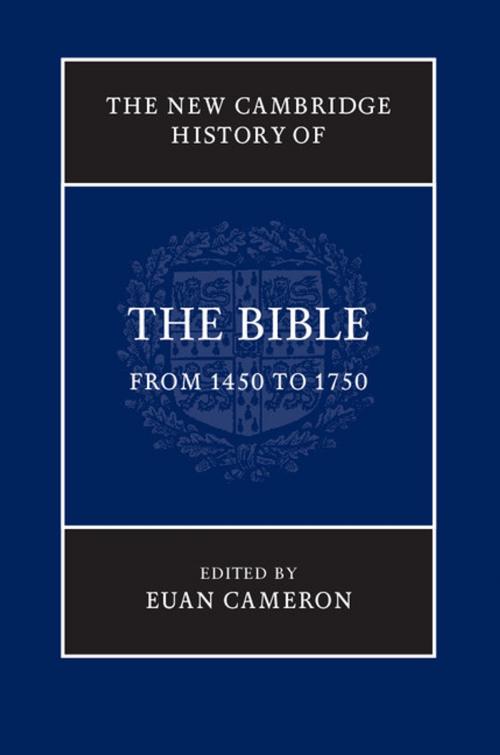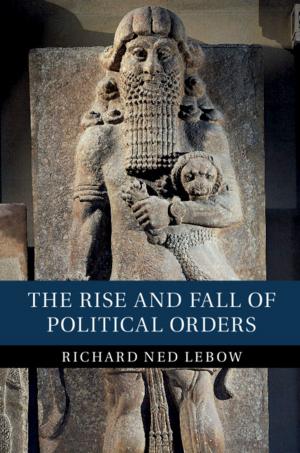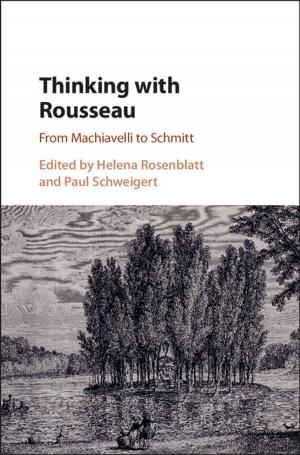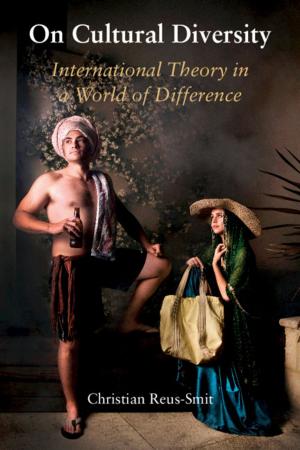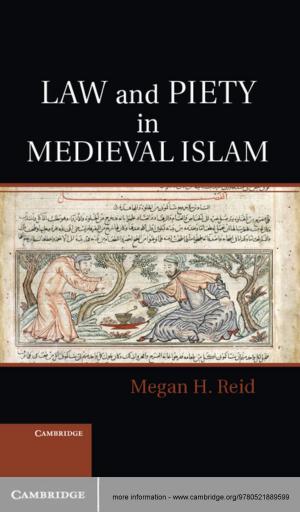The New Cambridge History of the Bible: Volume 3, From 1450 to 1750
Nonfiction, Religion & Spirituality, Bible & Bible Studies, New Testament, Study| Author: | ISBN: | 9781316348697 | |
| Publisher: | Cambridge University Press | Publication: | September 1, 2016 |
| Imprint: | Cambridge University Press | Language: | English |
| Author: | |
| ISBN: | 9781316348697 |
| Publisher: | Cambridge University Press |
| Publication: | September 1, 2016 |
| Imprint: | Cambridge University Press |
| Language: | English |
This volume charts the Bible's progress from the end of the Middle Ages to the Enlightenment. During this period, for the first time since antiquity, the Latin Church focused on recovering and re-establishing the text of Scripture in its original languages. It considered the theological challenges of treating Scripture as another ancient text edited with the tools of philology. This crucial period also saw the creation of many definitive translations of the Bible into modern European vernaculars. Although previous translations exist, these early modern translators, often under the influence of the Protestant Reformation, distinguished themselves in their efforts to communicate the nuances of the original texts and to address contemporary doctrinal controversies. In the Renaissance's rich explosion of ideas, Scripture played a ubiquitous role, influencing culture through its presence in philosophy, literature, and the arts. This history examines the Bible's impact in Europe and its increasing prominence around the globe.
This volume charts the Bible's progress from the end of the Middle Ages to the Enlightenment. During this period, for the first time since antiquity, the Latin Church focused on recovering and re-establishing the text of Scripture in its original languages. It considered the theological challenges of treating Scripture as another ancient text edited with the tools of philology. This crucial period also saw the creation of many definitive translations of the Bible into modern European vernaculars. Although previous translations exist, these early modern translators, often under the influence of the Protestant Reformation, distinguished themselves in their efforts to communicate the nuances of the original texts and to address contemporary doctrinal controversies. In the Renaissance's rich explosion of ideas, Scripture played a ubiquitous role, influencing culture through its presence in philosophy, literature, and the arts. This history examines the Bible's impact in Europe and its increasing prominence around the globe.
